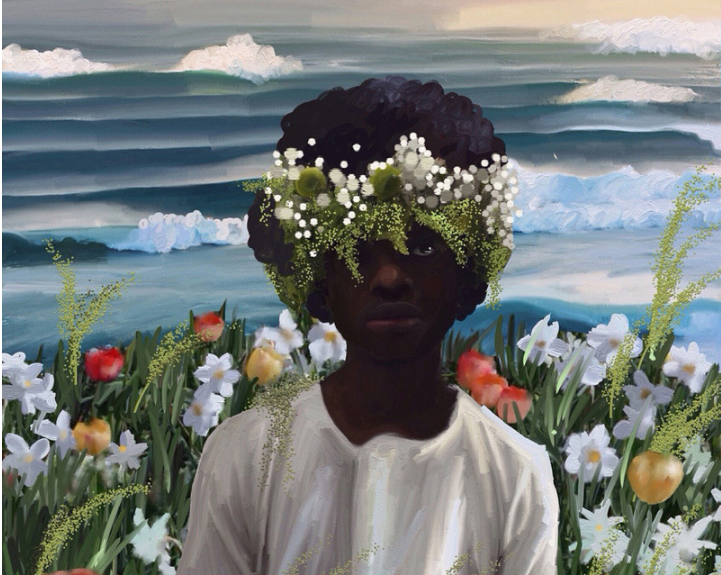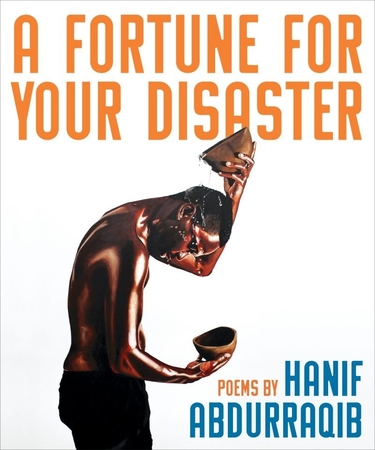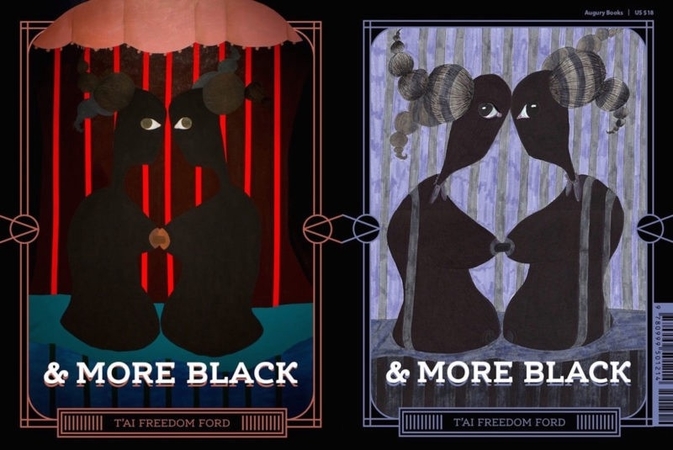Times like this come every few years. The summer begins, and so do the Black deaths due to state-sanctioned violence. But this time, the corporations and publications say they want to change. They finally admit—if they hadn’t already done so in the past—that Black Lives Matter, and so do Black writers.
At a time where each week, we are fighting for a new Black person’s justice, I turn to Black poetry. At a time where I cannot be in physical community with the people I love, poetry reminds I am not alone. I have the company of those who are also resisting, whether it be in their joy or pain, their fight or struggle to fight.
And even when we’re not out protesting each day, even when the world seems to be peaceful, I lean on other Black poets for understanding of this life. Of this skin. Of this America. Here are ten poetry collections by Black writers to turn to during any moment, but especially this one:
When Rap Spoke Straight to God by Erica Dawson
This book-length poem combines some of the most celebratory elements of Black culture: music and faith, but more specifically, Christianity. Dawson interrogates what it means to be a Black woman, what it means to be Black during the Trump era, and how rap can help us navigate this life. With each line music itself, I turn to this collection of poems to remind myself of the joy of being Black, despite the struggles.
A Fortune for Your Disaster by Hanif Abdurraqib
The poems in this collection explore how to live and celebrate when other things—even Black people—are being grieved. One of my favorite poems from this collection is one that has a recurring title, “How Can Black People Write About Flowers at a Time Like This,” which I have hanging on my wall. This collection, and this poem in particular, reminds me that we deserve to write about flowers and all the other things we sometimes don’t have the capacity to focus on.
& more black by t’ai freedom ford
& more black, a double-sided poetry collection written mostly in sonnets, rejects and resists systems that don’t love ford’s Black, queer body. This collection also celebrates Black experiences—speaking in ebonics, not being able to double dutch, and more. ford calls on Black cultural icons and artists to rejoice in being Black, even when our neighborhoods and our lives are being stolen.
The Malevolent Volume by Justin Phillip Reed
Justin Phillip Reed’s second poetry collection uses myth and monsters to explore Blackness and the violence (of all kinds) imposed on Black people. The Malevolent Volume allows a “collective Black spirit” to revolt against all people and things that have wronged us. In inverted poems on black pages with white text, Reed engulfs you in darkness. This poetry collection is one I turn to when enraged, when I am seeking a world that will give us more — even if we have to take it.
Magical Negro by Morgan Parker
These poems reckon with the word “magic” in relation to Black lives. With wit and humor, Parker explores the histories of our ancestors and interrogates our oppression. She critiques whiteness while praising Blackness, and explores politics and celebrity status side by side. When I can’t put words to the racism and sexism I’m experiencing, I turn to Magical Negro.
Don’t Call Us Dead by Danez Smith
The poems in this collection navigate being Black, queer, and HIV positive. In the poem “every day is a funeral & a miracle,” Smith brings it all together—Black people’s fear of the police, their own reckoning with HIV, and the miracle of staying alive despite every weapon formed against them. This collection also delves into desire—in spite of and despite the systems that continue to harm Black people. But still, it is a collection that is both elegy and hopeful.
The Tradition by Jericho Brown
Winner of the 2020 Pulitzer Prize in poetry, Jericho Brown’s The Tradition grapples with the terrors of this world and calls out society’s harmful traditions while creating his own rituals. Brown relies on the body as a garden, examining how it either blooms or dies—or brings itself back to life through desire. He examines whiteness and Blackness in this collection, our card tables and historic deaths, and white people’s desire to be seen as “good.”
The BreakBeat Poets Vol. 2: Black Girl Magic edited by Mahogany L. Browne, Idrissa Simmonds, and Jamila Woods
I turn to this anthology when I want to feel like I am experiencing life with a sisterhood of Black women. This anthology celebrates Black womanhood, questions the patriarchy, mourns our lost Black women, and tells us that we matter. All in all, it reminds me that we’re magic, despite the violence we endure.








